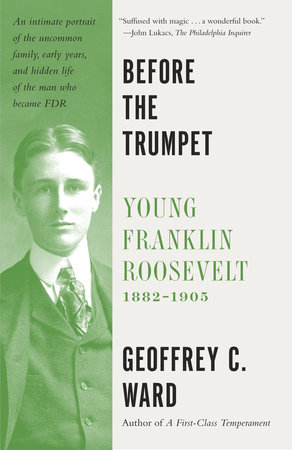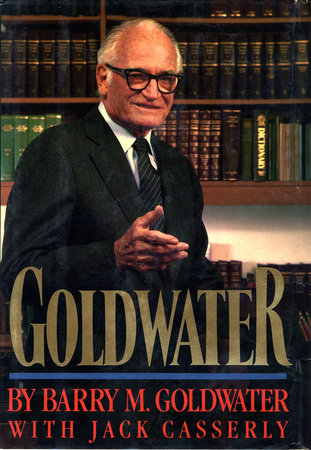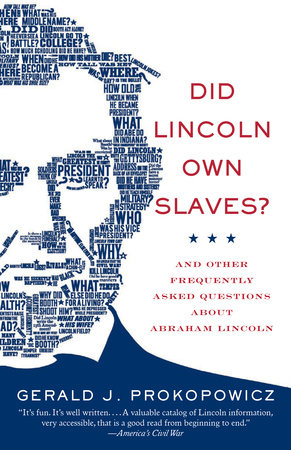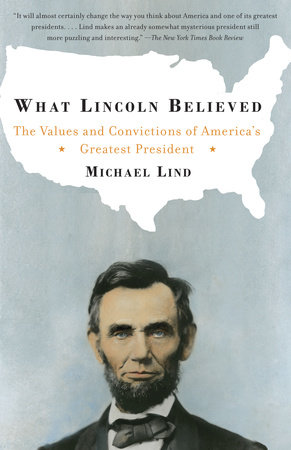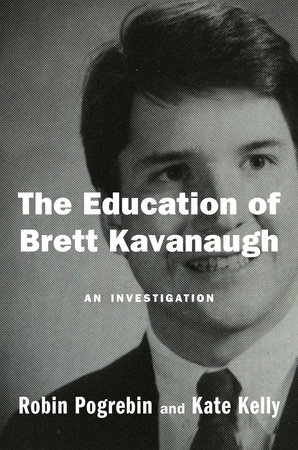Questions for The Right Honourable William Hague, MP
Q: What led you to write a biography of William Pitt the Younger? What did you feel had been left unsaid in the other biographies of him that exist?
A: Pitt was quite simply one of the most extraordinary politicians in history. For anyone to become Prime Minister at the age of 24 is amazing in itself, but to then go on to become one of the most dominant and long serving of British history puts him in a class of his own. In successfully steering Britain’s affairs after the ruinous American War of Independence but then going on to become the nation’s longest serving war leader amidst the carnage of the Napoleonic Wars, he is a hugely important historical figure. I felt that his memory had become neglected in recent decades, partly because many of the books about him have been aimed at a more academic audience. In my book, I have tried to provide an account of Pitt’s fascinating career and the extraordinary times he lived in for the intelligent but non expert reader.
Q: Like Pitt, you entered the political realm an early age by addressing Britain’s Conservative Party at age 16. As a result, do you feel a special kinship with him? Did this aid you while writing the book?
A: I certainly feel I benefited from having been an unusually young politician myself. This may have helped me to understand the motivations and calculations of someone who enters politics very early in adult life, and bases their success upon speech making. When I was 16, Margaret Thatcher once announced to the press: “We may be standing here with another young Mr. Pitt”. At that time, I knew very little about him, but it has always given me a certain identification with him.
Q: Pitt came to power during a tumultuous time in Britain’s history: the American colonies had recently been lost, the French Revolution was about to begin, and King George III was battling insanity. How did this affect the beginnings of his rule? What enabled him to overcome such obstacles?
A: Pitt was able to consolidate himself in power for three particular reasons. The first was that the loss of the American colonies wiped out the careers of an entire generation of British politicians — some because they had prosecuted the war and lost it, and others because they had opposed it and, thereby, become unacceptable to many people, including the King. The second was his domination of the House of Commons – his “transcendent eloquence” as it was described at the time – and which was always the cornerstone of his power. The third was that he was the first Prime Minister to understand and manipulate public opinion. Just as politicians of recent decades have become expert in exploiting the power of television, Pitt was one of the first to exploit the rapidly rising circulation and political interest of the press, successfully creating an image of himself as fresh and incorruptible in a Parliament of venal and selfish politicians. “Honest Billy” had general popular appeal at a time when it was beginning to matter.
Q: Pitt is a beloved historical figure in Britain–what makes him so popular?
A: He served for so long in office – nearly 19 years in total as Prime Minister – and was so exclusively devoted to public service rather than his own interests that he has always been regarded an utterly exceptional figure. After his death, scores of “Pitt Clubs” were founded in his memory, some of which still exist and meet regularly 200 years later. At each meeting they toast “the Immortal Memory” – that of William Pitt.
Q: What threats existed to his power? How was he able to remain in office despite these for and unprecedented (and, today, record) 17 years?
A: One threat to his power was the possibility that King George III would die or become permanently insane, thus transferring the powers of the monarchy to Pitt’s enemy the Prince of Wales. The brilliance of Pitt’s debating ploys and political tactics during the “Regency Crisis” of 1788-89, in which he spun out debates for over three months in a seemingly impossible situation until the King recovered his senses, is one of the outstanding examples of his political acumen. A second threat was defeat in Parliament, which he avoided by the skilful management of elections and plentiful use of patronage. In the end he was defeated only by alcohol, exhaustion and death.
Q: Did he, like so many people of power or celebrity, have demons? What were they? Did they affect his ability to rule effectively?
A: Pitt drank far too much – three bottles of Port a day for most of his adult life. As my book demonstrates, this was a smaller quantity of alcohol in the 18th century than would be the case today, but it was still a large amount. Only occasionally did this affect his ability to speak in Parliament, but it undoubtedly added to his health problems from his mid thirties onwards. In addition, his spectacular early success as a politician stunted his growth as a man. He had no experience of most people’s situations other than as Prime Minister, often leading him to over optimistic assessments of people and events, particularly in wartime. He was hopeless at unsolicited or unimportant correspondence, with many people offended by his habit of not dealing with minor requests. He could never be bothered with his own personal finances and ended up, in today’s money, millions of dollars in debt by the time he died. This was despite an ability to handle the national budget superior to anything anyone had witnessed before. Nevertheless, his great stamina, political touch, financial brilliance and personal integrity more than made up for these faults.
Q: Pitt’s sexuality has been speculated about for ages. What is your opinion?
A: My opinion is that he was asexual, and probably never had intimate relations with either sex. In part, this was the result of being placed in such high office at such an early age. The book charts what has been described as his “one love affair”, with the beautiful Eleanor Eden, but he was clear that he would not marry her. Much fun was made of him for preferring the company of young men – and some of the comments of the time could be ruder than anything normally heard today – but he has left no whiff of any active homosexuality.
Q: Was he satisfied with his accomplishments in office during his first 17-year term? What about his second, shorter term disappointed him?
A: The outbreak of war with France following the French Revolution ruined all his hopes for his first administration. His cherished ambition of repaying the entire national debt could not be attained. Even so, he would have been proud of the great expansion of trade over which he had presided, along with the union of the Dublin and Westminster Parliaments. He entered office for a second time with his reserves of physical health and political support near their end, and it killed him.
Q: What surprised you most about Pitt as you wrote the book? What did you find to be most impressive? Were you disappointed with any of his decisions or actions?
A: Most impressive about Pitt is his transparent honesty and integrity (with the exception of one whopping lie) maintained through war and peace and two decades of difficult decisions. Most disappointing was that his enfeebled physical and political state in his final years meant that he did not ram home his earlier pioneering efforts to abolish the slave trade, something which was secured only the year after his death.
Q: Do you have plans to write another book anytime soon?
A: I would certainly like to write another book in the near future, particularly since I have come to know and love the history of this particular period. At some stage I would like to tackle the subject of Pitt’s father, the elder Pitt, who was also a towering political figure and of great importance in American history, or Pitt’s arch rival, Charles James Fox, or Pitt’s great friend William Wilberforce, who led the campaign to abolish the slave trade and then to abolish slavery in the British Empire as well.






